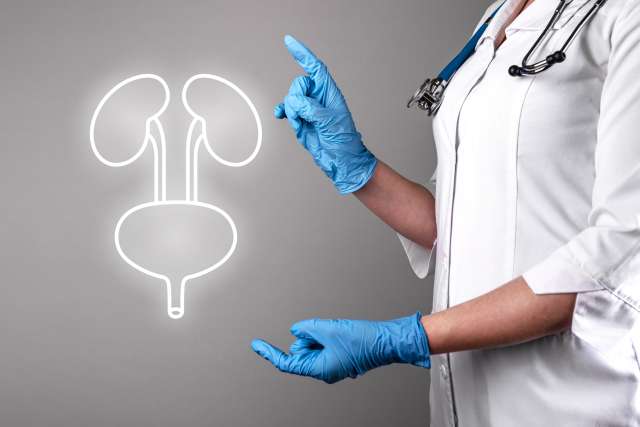Dear Doctors: I have had a UTI several times and know the symptoms. This last time, when I went to urgent care, they said they needed a urine culture before they could treat me. It was another day of being uncomfortable before getting the meds I needed. Do you know why that was done?
Dear Reader: For those who are fortunate enough not to know, a UTI is a urinary tract infection. This is a common infection caused by bacteria getting into the urinary system and colonizing. The bacteria enter through the urethra. The urethra is the tube that connects to the bladder so urine can exit the body. The bacteria can travel up this tube to the bladder, where they quickly multiply and cause an infection. That infection can spread to the ureters, which connect the bladder to the kidneys. The infection can then spread to the kidneys.
The most common cause of UTIs is E. coli bacteria. E. coli is a natural resident of the intestinal tract. It gets excreted with each bowel movement. Due to the proximity of the urethra to the rectum and the genitals, it is fairly easy for bacteria to get to the urinary tract through lax hygiene or sexual contact. Certain medical procedures, using a catheter or a blockage of the bladder due to kidney stones or an enlarged prostate can increase UTI risk. The hormonal changes of perimenopause and menopause that affect protective flora in the vagina can also increase UTI risk.
Symptoms of a UTI include urine that is cloudy, darker in color than usual or having a strong or pungent odor. Many people experience an urgent need to urinate that yields very little urine. A burning sensation or pain while urinating can occur. Some people also get abdominal pain. In older adults, a UTI may cause few physical symptoms. They can, however, experience confusion or even cognitive impairment due to a UTI.
A UTI that goes untreated can turn into a kidney infection. Symptoms of a kidney infection include fever, chills, fatigue, nausea and vomiting. This is a medical emergency that requires immediate treatment. The risk of a UTI leading to a kidney infection also plays a role in why you needed to do a urine culture before you could get antibiotics.
When it comes to treating a UTI, there’s good and bad news. On the plus side, antibiotics can be extremely effective -- symptoms typically improve within a day or two. However, antibiotic resistance is a problem that continues to grow. To prescribe an antibiotic that will work, doctors must first identify the specific bacteria causing the infection. The urine test also screens for antibiotic resistance. This allows your doctor to rule out medications that the bacteria are resistant to so they can prescribe an antibiotic that will work for you.
This all makes it imperative to complete the full course of any antibiotics you are prescribed, even after you feel better. This kills all the bacteria and helps prevent a “bounce-back” infection. It also keeps patients from accidentally adding to the spread of antibiotic resistance.
(Send your questions to [email protected], or write: Ask the Doctors, c/o UCLA Health Sciences Media Relations, 10960 Wilshire Blvd., Suite 1955, Los Angeles, CA, 90024. Owing to the volume of mail, personal replies cannot be provided.)





